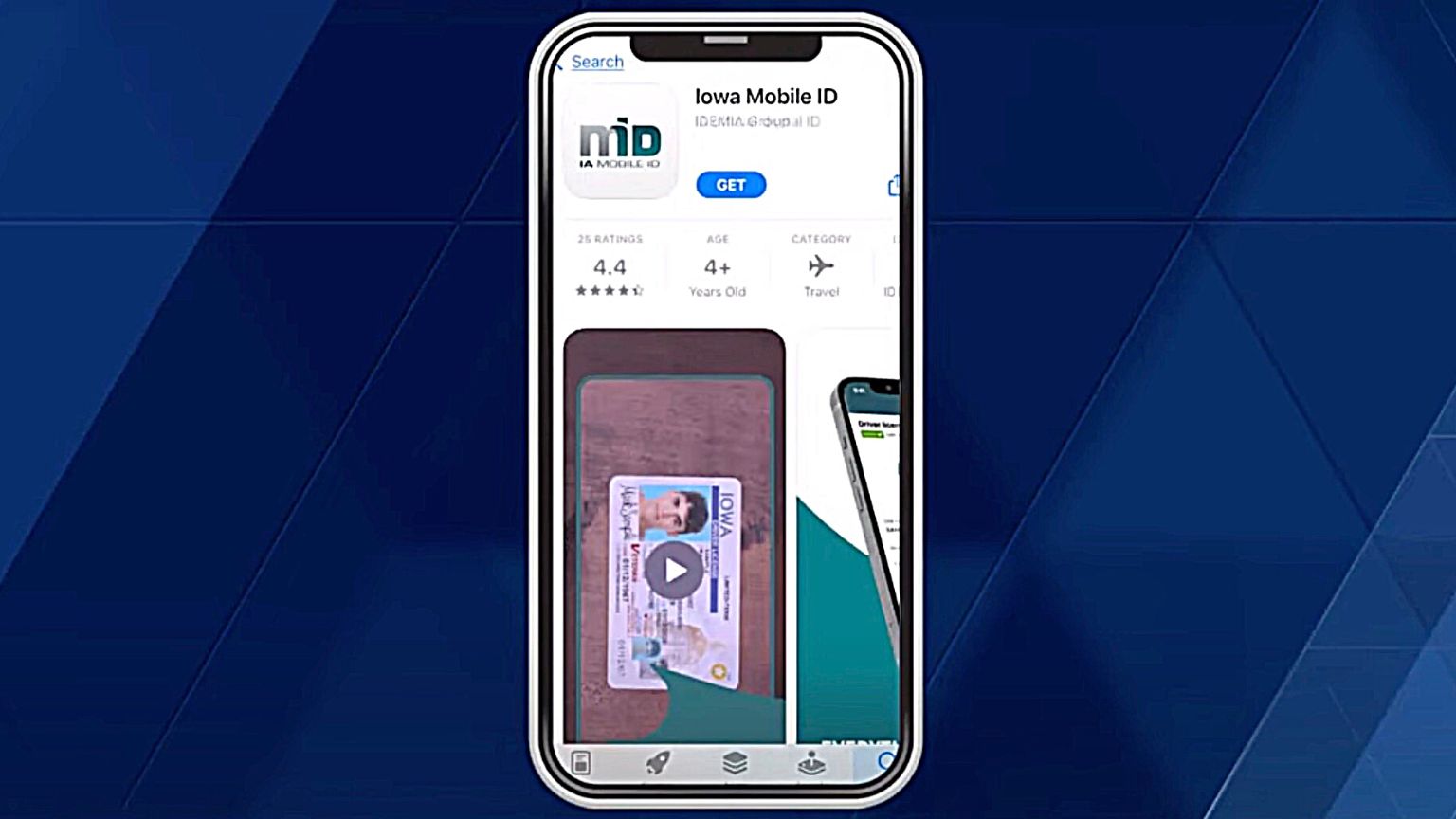Amidst rising concerns surrounding digital privacy, the state of Iowa has taken a controversial leap into the world of digital identification with its new Iowa Mobile ID app. The app, now available on both Google Play and the Apple App Store, provides a new platform for users to verify their age or identity, a move that critics argue risks personal data security.
While it purports to supplement the conventional physical ID card, the fact that users are advised to still carry physical cards has raised eyebrows. The question arises – is the convenience of the app worth the potential privacy risks, especially considering its digital nature doesn’t entirely replace the physical card?
The process of creating a digital ID, while simple on the surface, has elicited concerns. Users are asked to upload images of their driver’s license or state-issued ID, and also capture a moving selfie for facial recognition. Critics argue that this gathering and storing of biometric data may present significant privacy implications and potential security vulnerabilities. Even the use of a PIN password system, while enhancing security to an extent, isn’t foolproof against potential hacking attempts.
One contentious point is the creation of a scannable QR code, which carries the user’s information. Although businesses are not compelled to accept this mobile form of ID, any who do will have access to this encoded personal information. As it’s a new technology, there may also be a delay in widespread acceptance, presenting both practical and privacy issues.
The app, developed by French identity verification firm IDEMIA, states that it stores user data within the state’s record system and the user’s device. The company further insists businesses can only access user data with explicit consent. But the concerns remain. Critics wonder whether the current privacy measures are truly sufficient to protect the sensitive data of millions from potential misuse.
The launch of the Iowa Mobile ID comes after a decade-long journey, filled with delays due to compliance with digital ID management regulations. Interestingly, while intended to be among the early adopters of Apple’s mobile ID program, the initiative has only expanded to Maryland and Colorado so far. This slow adoption could suggest a broader hesitation in the face of potential privacy issues.










